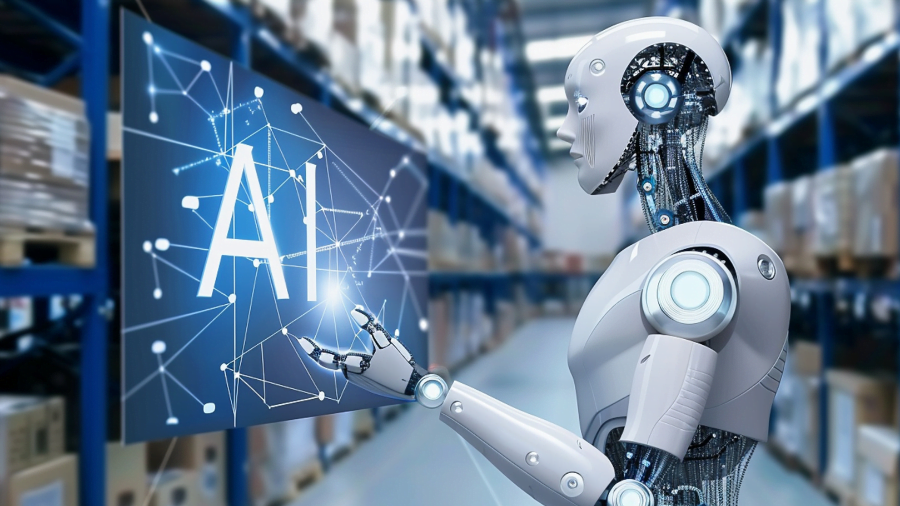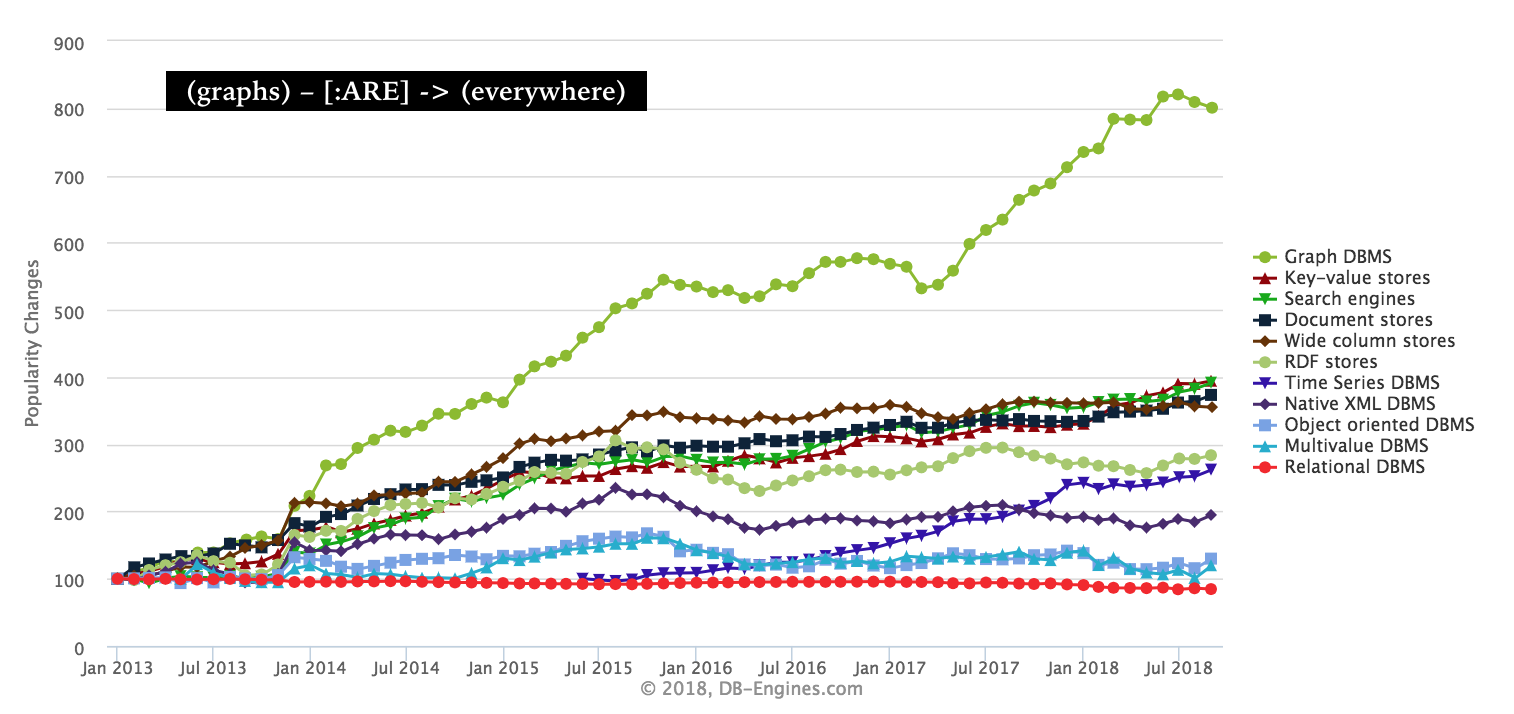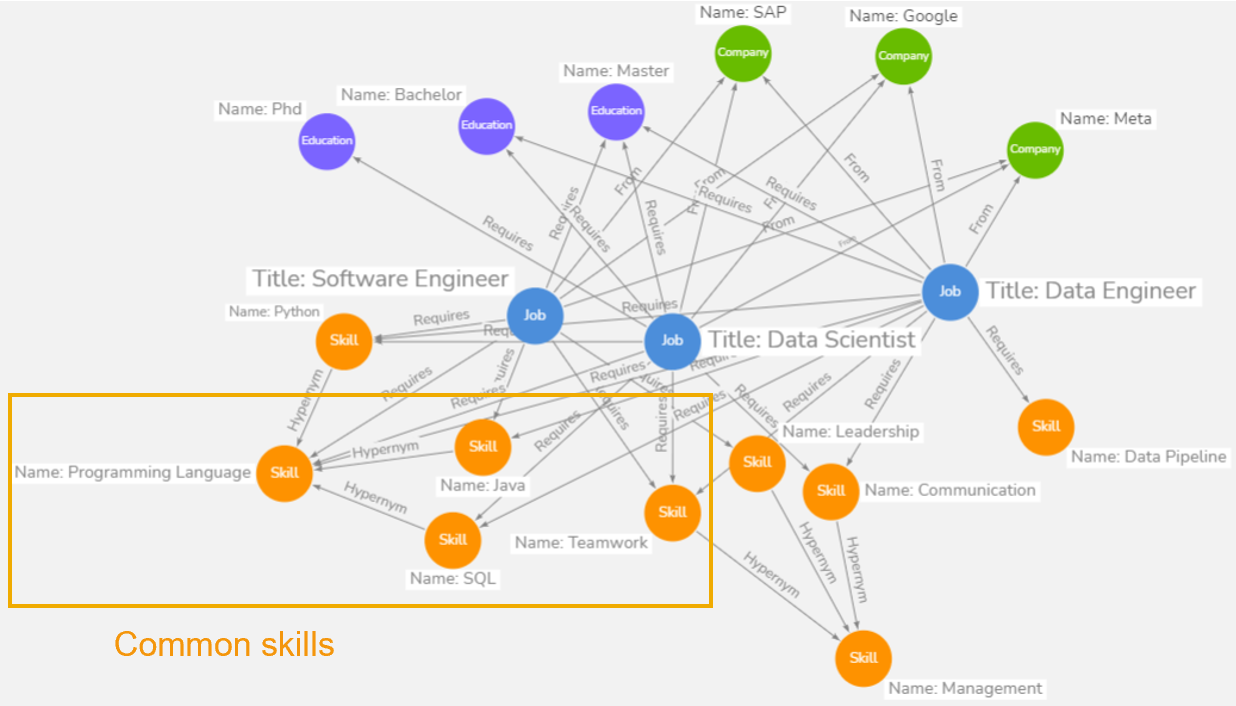Amazon Layoffs Hit Alexa Division: Hundreds of Jobs Cut Amid AI Shift
Amazon is laying off hundreds of workers in its Alexa division as the company looks to build up efforts in AI.
Strategic Shift Towards Generative AI
In a memo sent to employees, Daniel Rausch, the vice president of the Alexa and Fire TV team, says Amazon is eliminating “several hundred roles” as the company looks to build up efforts in AI:
As we continue to invent, we’re shifting some of our efforts to better align with our business priorities, and what we know matters most to customers — which includes maximizing our resources and efforts focused on generative AI. These shifts are leading us to discontinue some initiatives, which is resulting in several hundred roles being eliminated.
Details from Internal Memo via GeekWire
According to GeekWire, an internal memo reveals that Amazon will cut ‘several hundred’ Alexa jobs as it ends unspecified initiatives.
This move reflects a broader trend in the tech industry, where companies are re-evaluating their investments and focusing on high-growth areas like artificial intelligence.
Broader Implications for Amazon and the Tech Industry
The layoffs at Amazon's Alexa division highlight the rapidly evolving landscape of the tech industry. As companies race to capitalize on the potential of AI, particularly generative AI, they are making difficult decisions about resource allocation and workforce alignment.
Impact on Alexa's Future
The reduction in staff raises questions about the future of Alexa and its role within Amazon's ecosystem. While the company emphasizes its commitment to AI, the layoffs suggest a potential shift in strategy or a re-evaluation of Alexa's priorities.
Generative AI as a Core Focus
Amazon's decision to prioritize generative AI reflects the growing importance of this technology across various industries. Generative AI has the potential to revolutionize how we interact with technology, create content, and solve complex problems.
Understanding Generative AI
Generative AI refers to a class of artificial intelligence algorithms capable of generating new content, such as text, images, music, and code. These models learn from existing data and then use that knowledge to create novel outputs that resemble the training data.
Key Applications of Generative AI
- Content Creation: Generating realistic images, videos, and audio for entertainment, marketing, and education.
- Text Generation: Writing articles, summaries, and even code based on user prompts.
- Product Design: Creating new product designs and prototypes based on specific requirements.
- Drug Discovery: Identifying potential drug candidates and optimizing their properties.
Examples of Generative AI Models
- GPT-3 (Generative Pre-trained Transformer 3): A language model developed by OpenAI that can generate human-quality text.
- DALL-E 2: An AI system that can create realistic images and art from natural language descriptions.
- Stable Diffusion: A deep learning text-to-image model that can generate detailed images conditioned on text descriptions.
The Role of AI in Amazon's Future
Amazon has been investing heavily in AI for many years, and the company sees AI as a critical component of its future growth. From powering its e-commerce recommendations to optimizing its logistics operations, AI plays a vital role in Amazon's business.
AI-Powered Services and Products
- Amazon Web Services (AWS): Offers a wide range of AI and machine learning services for businesses.
- Amazon Alexa: Uses AI to understand and respond to voice commands.
- Amazon Robotics: Develops robots for use in Amazon's warehouses and fulfillment centers.
Ethical Considerations of AI
As AI becomes more prevalent, it's important to consider the ethical implications of this technology. Issues such as bias, privacy, and job displacement need to be addressed to ensure that AI is used responsibly and for the benefit of society.
Analyzing the Layoff Announcement
The announcement of layoffs within the Alexa division raises several questions about Amazon's strategic direction. While the company emphasizes its commitment to AI, the job cuts suggest a potential shift in priorities or a re-evaluation of Alexa's role within the broader Amazon ecosystem.
Potential Reasons for the Layoffs
- Reprioritization of Resources: Amazon may be shifting resources from Alexa to other AI initiatives that are deemed to have higher growth potential.
- Cost Optimization: The company may be looking to reduce costs in certain areas to improve profitability.
- Strategic Realignment: Amazon may be adjusting its overall strategy to better compete in the rapidly evolving tech landscape.
Impact on Alexa Users
It remains to be seen how the layoffs will impact Alexa users. While Amazon has stated that it is committed to continuing to support Alexa, the reduction in staff could potentially lead to slower development of new features or a decline in the quality of existing services.
The Future of Voice Assistants
The layoffs at Amazon's Alexa division raise broader questions about the future of voice assistants. While voice assistants have become increasingly popular in recent years, they have also faced challenges in terms of accuracy, privacy, and user adoption.
Challenges Facing Voice Assistants
- Accuracy: Voice assistants still struggle to accurately understand and respond to complex or nuanced commands.
- Privacy: Concerns about data privacy have limited user adoption of voice assistants in some cases.
- Limited Functionality: Voice assistants are often limited in their functionality and cannot perform all of the tasks that users would like them to perform.
Opportunities for Voice Assistants
Despite these challenges, voice assistants still have significant potential. As AI technology continues to improve, voice assistants are likely to become more accurate, more versatile, and more integrated into our daily lives.
Conclusion
Amazon's decision to lay off hundreds of workers in its Alexa division reflects the company's strategic shift towards generative AI. While the layoffs raise questions about the future of Alexa, they also highlight the growing importance of AI in the tech industry. As AI technology continues to evolve, it will be interesting to see how companies like Amazon adapt and innovate to capitalize on its potential.














